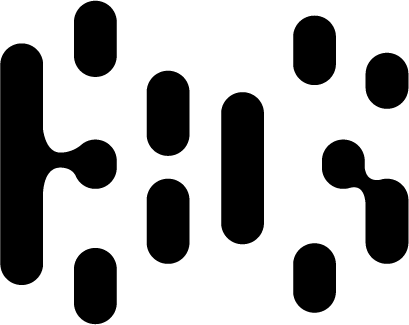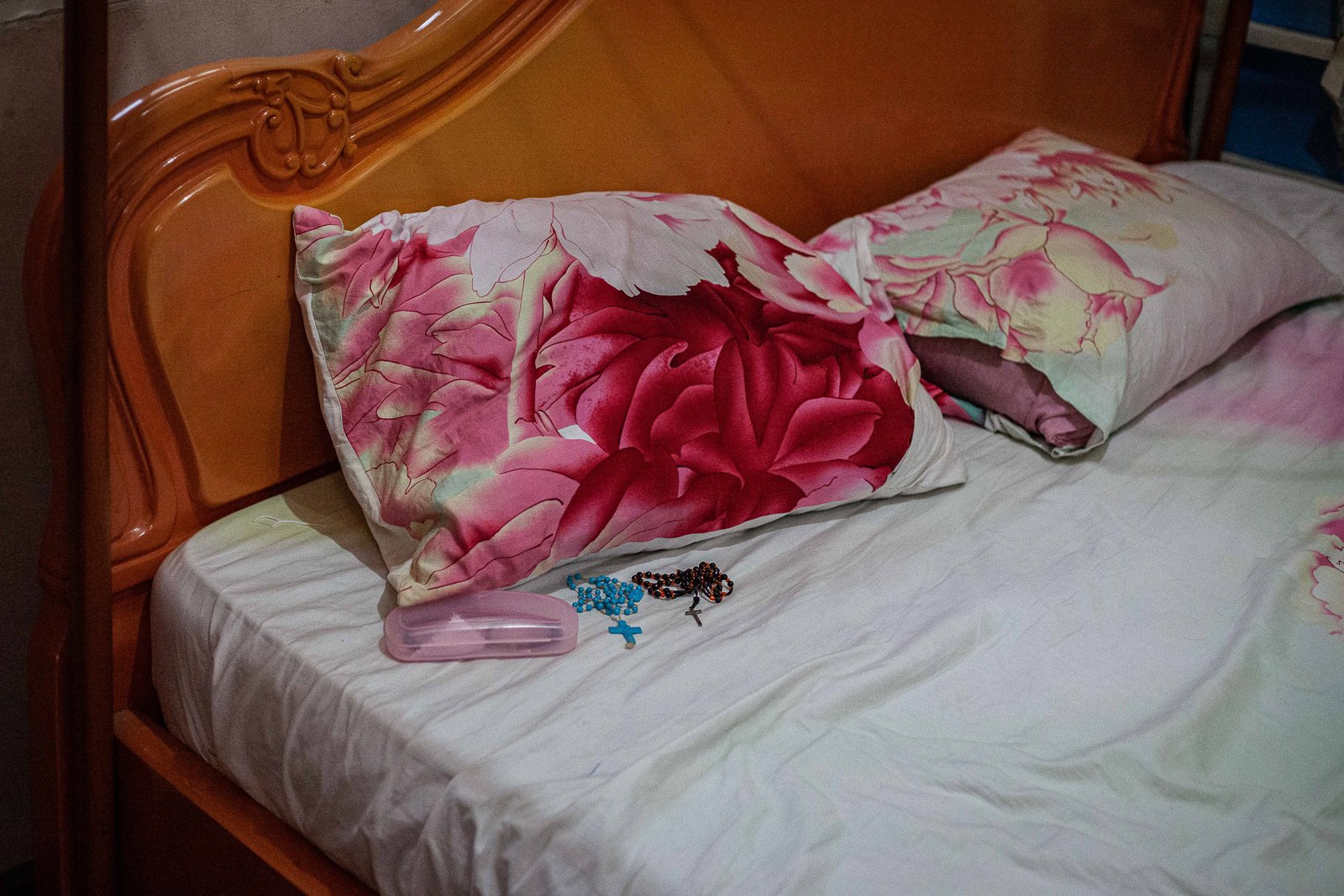Immaculata Abba
“To me, the Black gaze is one of the many gazes on the margins of photography’s history so far and the margins of mainstream western art institutions.
The Black gaze in particular is one that is also a vital means through which black people are able to represent our cultures and understandings of the world.
This work of world-making is significant as a political act not just against racism and white supremacy, but also against colonialism and imperialism all around the world. Everyone in the centre and on the margins stands to gain from the gift of the Black gaze. For this, the Black gaze is indispensable.”
How does the Black gaze relate to your photography practice?
Beyond embodying a Black gaze by mere virtue of being a black photographer, my photography practice is occupied with thinning out the idea of the ‘black gaze’ as a monolith, a monolith of American blackness.
One way to do this, the way I do this, is by centring African blackness in my work. And this is not because I believe in an African superiority but because, for one, I am African/Nigerian and this is, quite simply, my gaze.
More importantly, I do this because I believe deeply that every thing, every culture, every phenomenon has something to teach us about everything else. And so I put it at the heart of my practice to tell African stories, depict contemporary African aesthetics and make meanings of the world through my African sensibilities.
What do you want to say or address with your photography?
I want to say that there is soft, ordinary beauty everywhere, everywhere. I want to say to all that beauty: thank you for being you. I want to thank the trees and the light and the colour red and brown and purple, etc.
Then, I want to ask questions about where we, all different we’s, are coming from and how we are socialised to become what we are. It is very easy to fall into the trap of taking for granted that because a thing is this way, it was and will always be that way and I always want to disturb that narrative.
And then, more generally, I want to resound Raymond William’s point that “culture is ordinary, that is the first fact. Every society has its own shape, its purposes, its own meanings.”
What influences and inspires you? How is this reflected in your work?
You know when you’re listening to a really nice song and it tears you open to the point that you are Rilke at the end of his poem ‘Archaic Torso of Apollo’ saying to yourself: “you must change your life”.
I had the same feeling when I finished watching Call Me By Your Name, when I saw my first Lynette Yiadom-Boakye exhibition, when I read The Brief Wondrous Life of Oscar Wao, when I watched Beychella, the list is long. Experiences like this make me give my 100% in my work and I can only hope that the effort shows.
More frequently though, I am inspired by history and the fact that all politics and economics are about a story we as a society tell ourselves.
When I see change in history, for better or worse, I remember more urgently that the way our world is today will not be the same for long and it is the documentation of today that will make it possible to study history in the future. This influence shows up most in the subjects I choose to explore in my documentary practice.
Who are your favourite Black photographers from the past? Why?
Chief S O Alonge, James Barnor, Malick Sidibe and Seydou Keita. And I mention them only as representatives of a certain generation of West African studio photographers whose work show an understanding of portraiture as a medium for record, play and performance all at once.
I’ll add the fictional Styles from Athol Fugard’s play ‘Sizwe Bansi is Dead’ for this same reason.
Please describe the highs and lows of your experience as a Black photographer?
The Highs: When I was employed as a staff photographer at my university’s student union! It was my first non-freelance creative job and brought external validation and a huge growth opportunity for me.
The Lows: Every day I wake up in Enugu wishing I was living in a city with a more thriving media and publishing industry. I’m sick of connecting over the internet, over emails and zoom calls. Making a living as an editorial and documentary photographer is possible, but very rare, in corners of the world like mine.”
What work are you producing and what more would you like to do?
I recently finished the first drafts of a couple of photography and interview projects on post-colonial Christianity and international students in London. As I pitch them to different channels, I’m also ideating a self-portrait project that pays homage to my informal arts education.
Moving forward I want to balance telling my stories through my personal projects with doing a lot more editorial commissions for publications and NGOs. I am currently working on both my craft and networking skills to make this happen.
Immaculata Abba is a Nigerian photographer, writer and student-historian at the University of Oxford. Immaculata’s documentary photography work is inspired by her academic and independent research and seeks to show how our present is continuously shaped by our past.
Her long-term photography projects explore Christianity in South-East Nigeria, and the experience of international students in London. Her photography has been published on international platforms such as The Republic and Black River journal.





